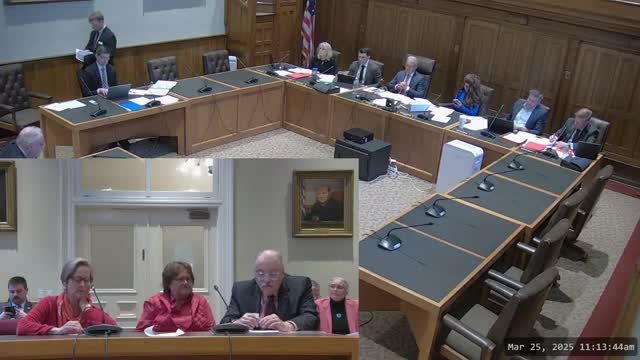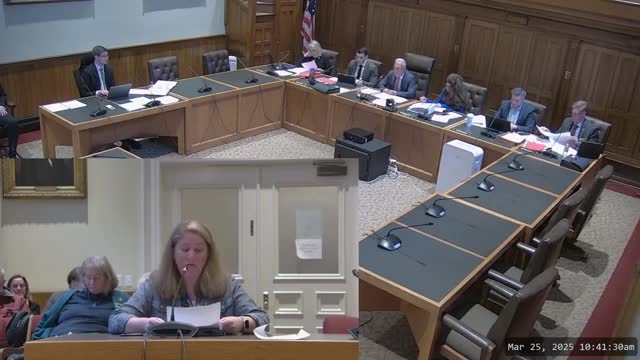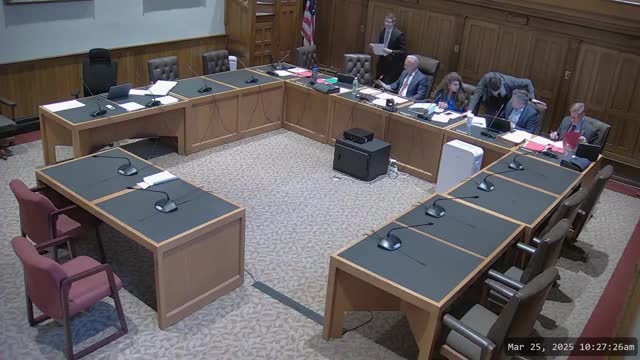Article not found
This article is no longer available. But don't worry—we've gathered other articles that discuss the same topic.

DHHS says using commercial kitchen equipment in homestead food operations poses no added food‑safety risk

Large turnout as committee weighs state limits on local rules for accessory dwelling units

Committee hears bill to hold jobs for spouses of service members deployed more than a year

Committee hears bill allowing weekly home‑based occasional food sales and take‑away options

Bill would allow email addresses and QR codes on homestead food labels; DHHS endorses flexibility

